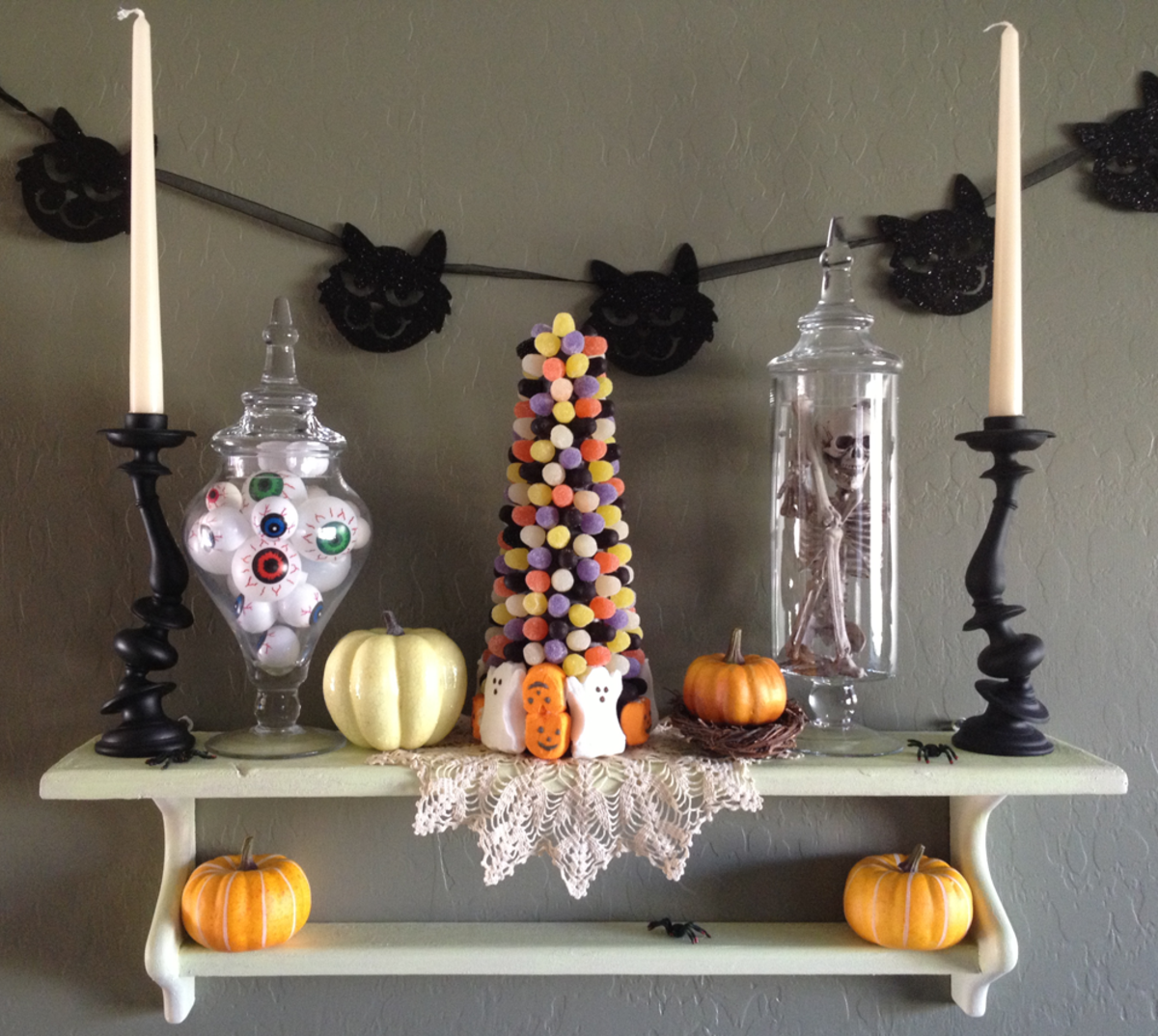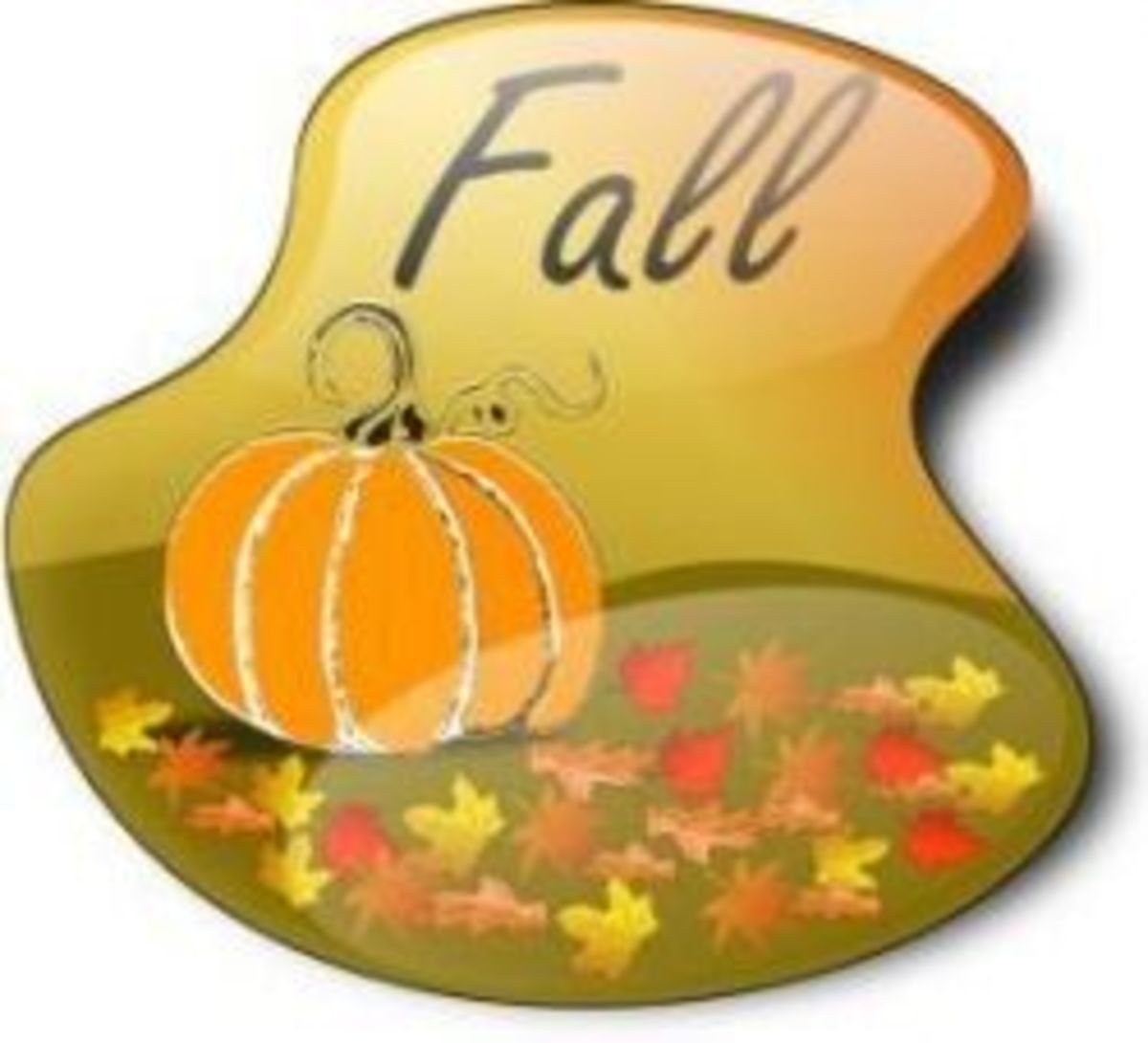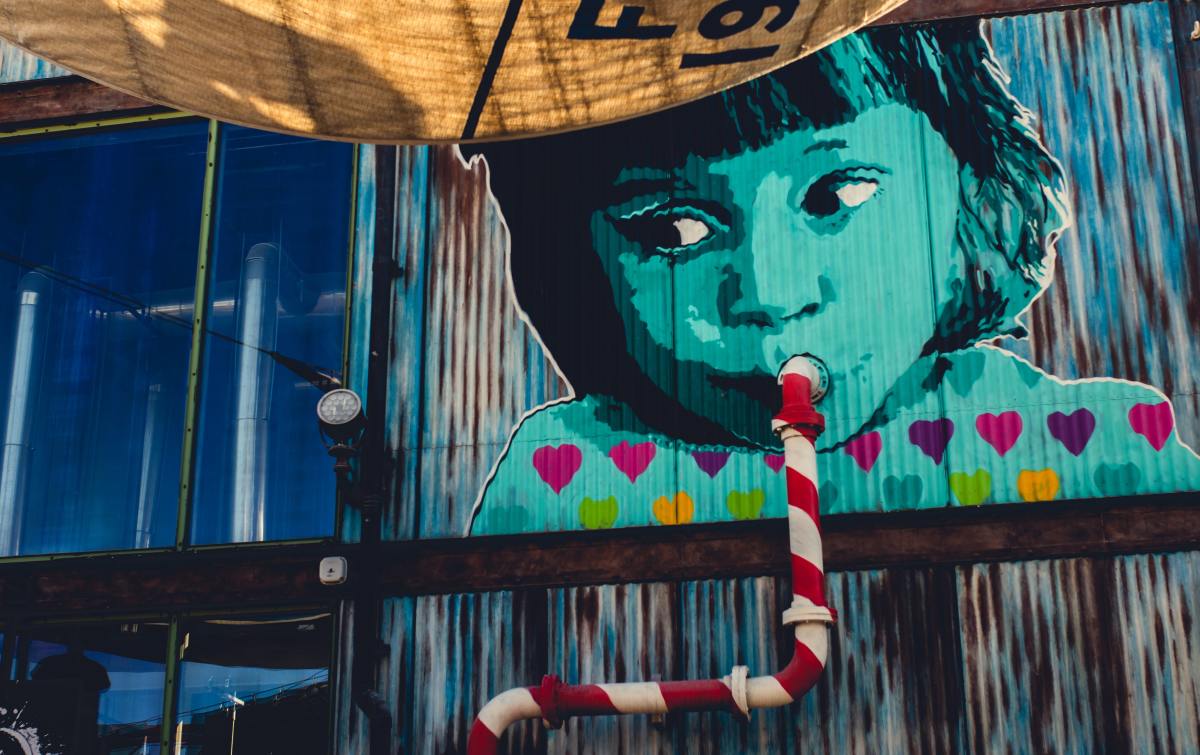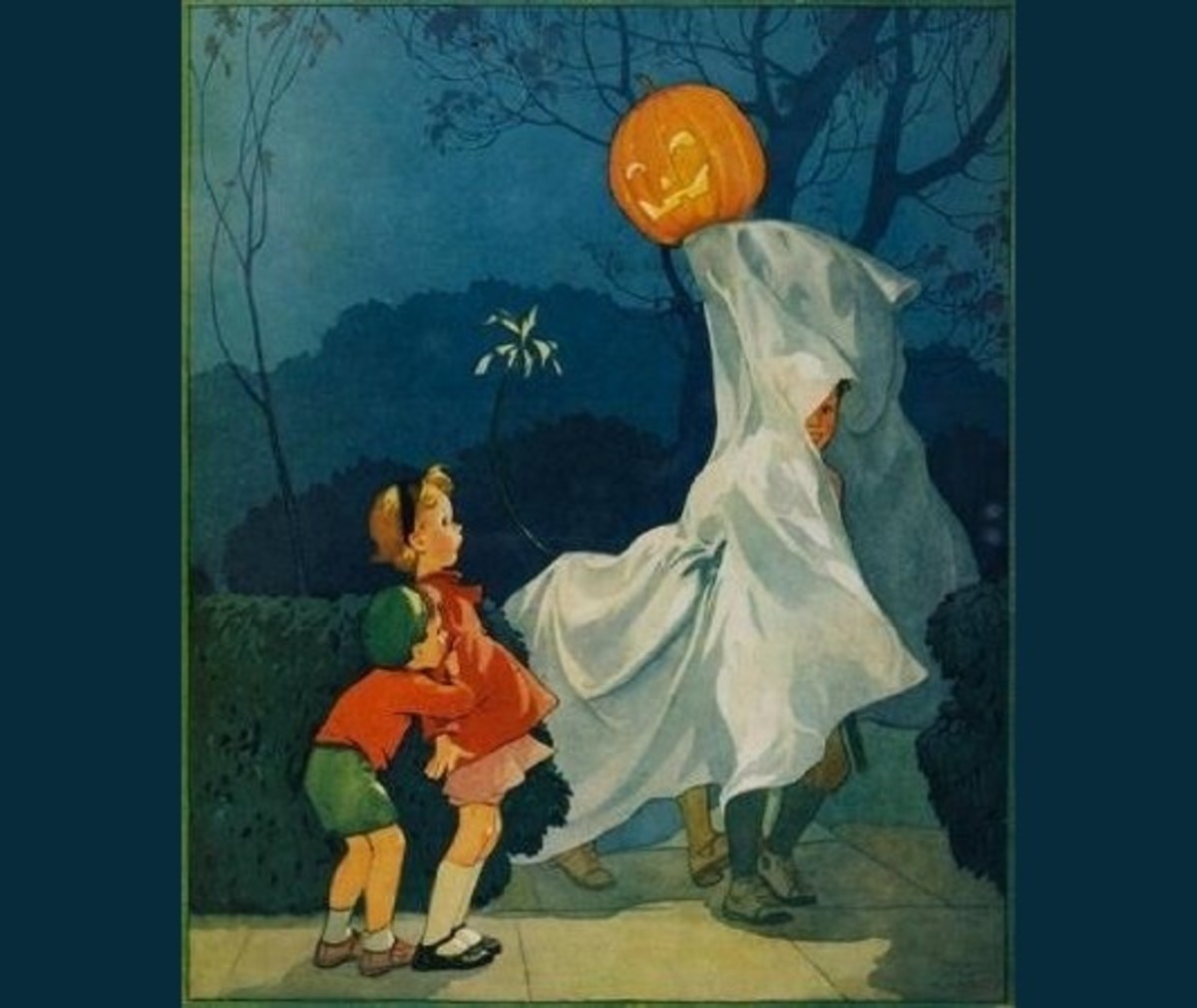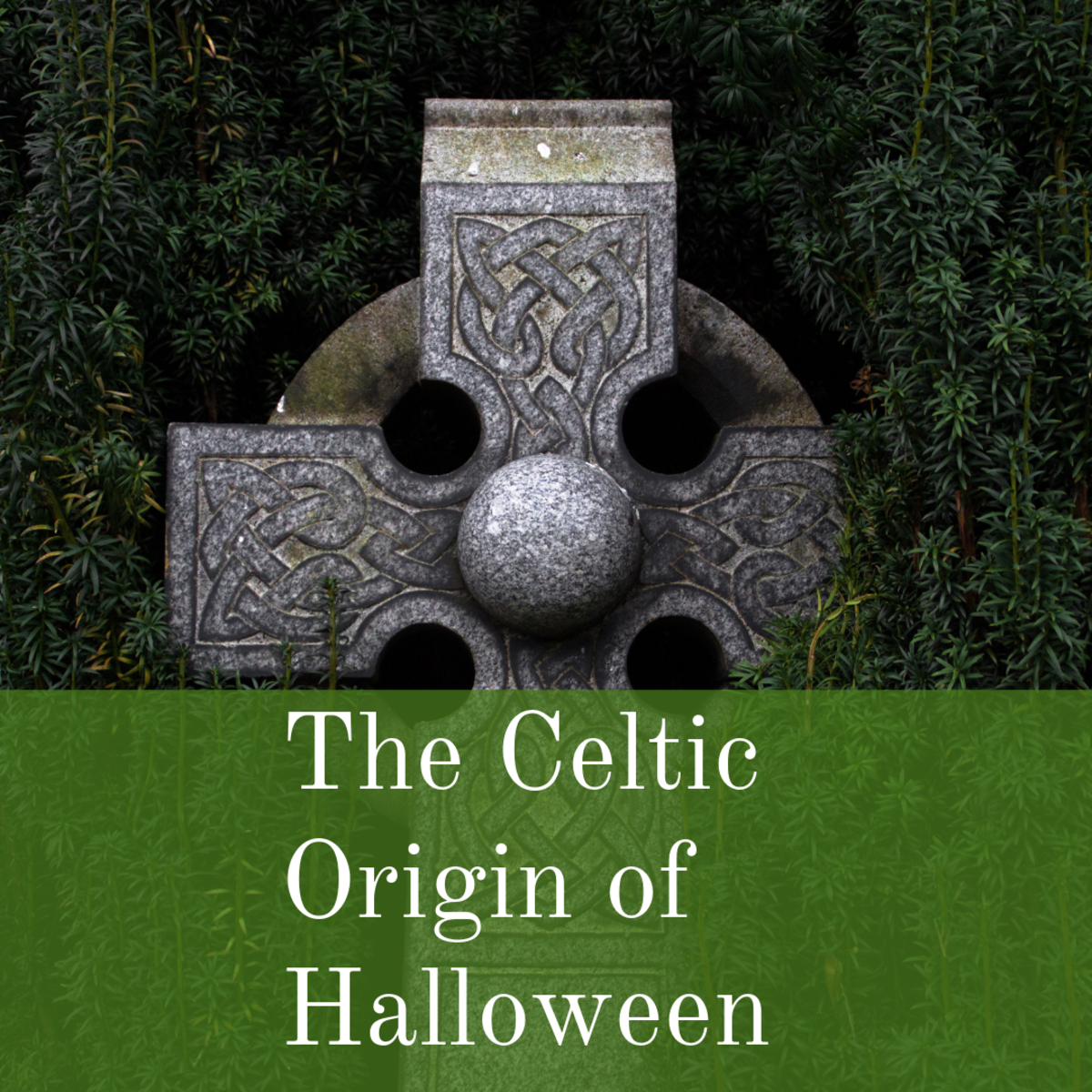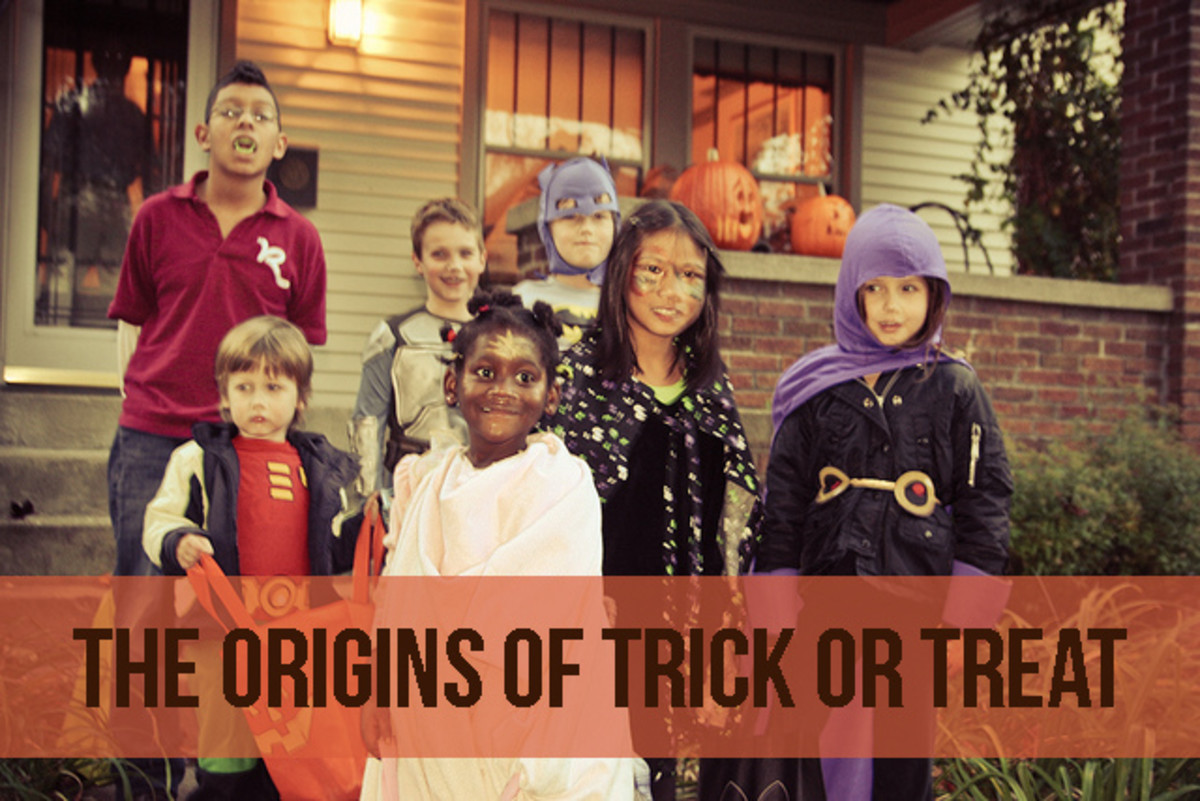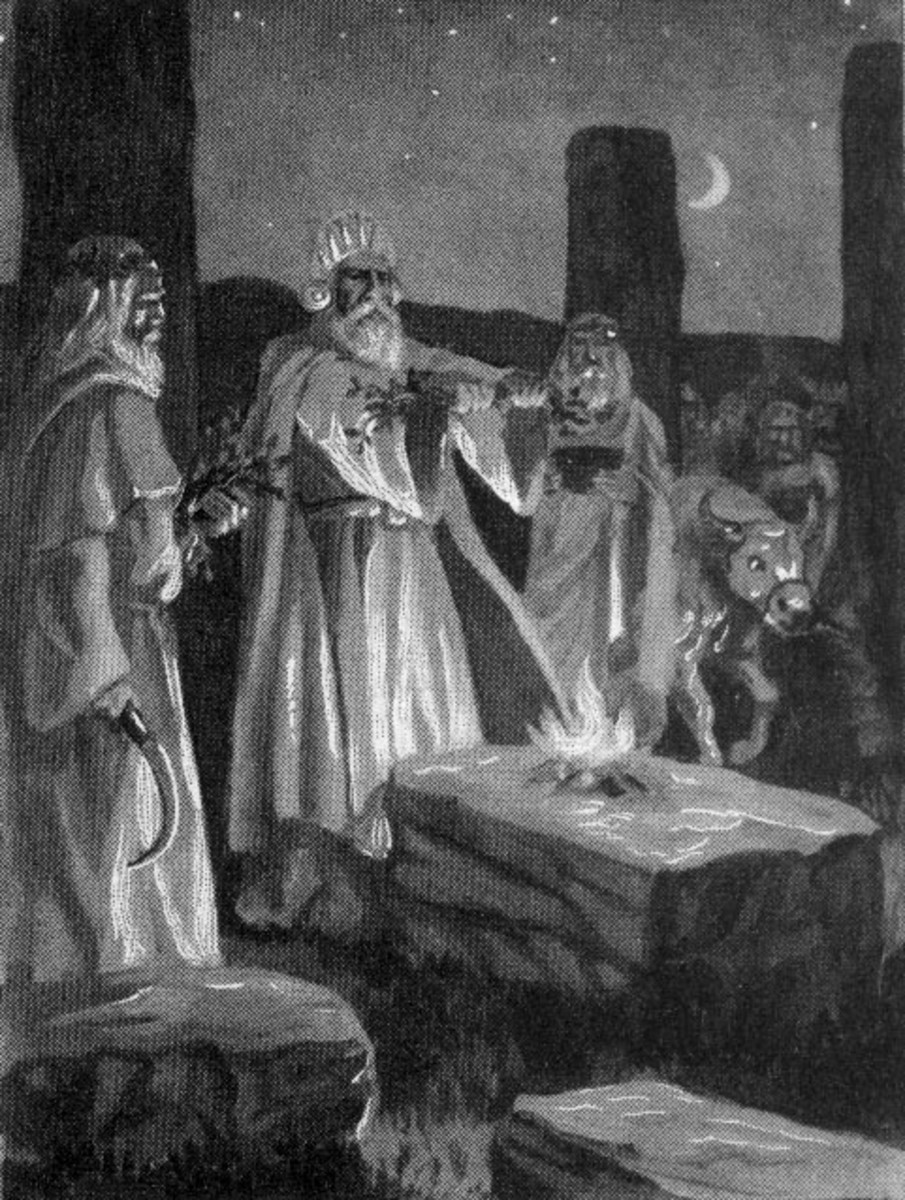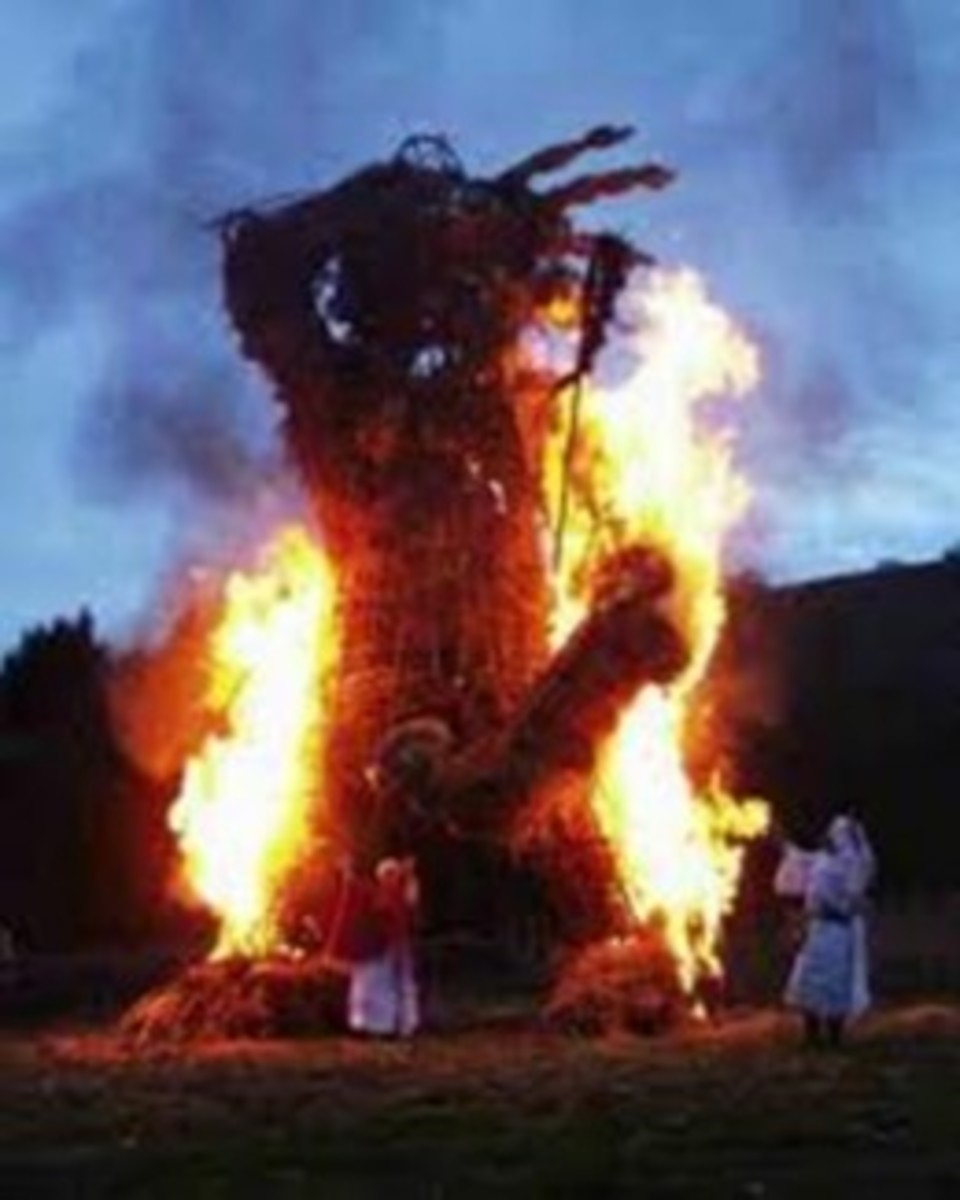Why Halloween Isn’t Just About the Candy.
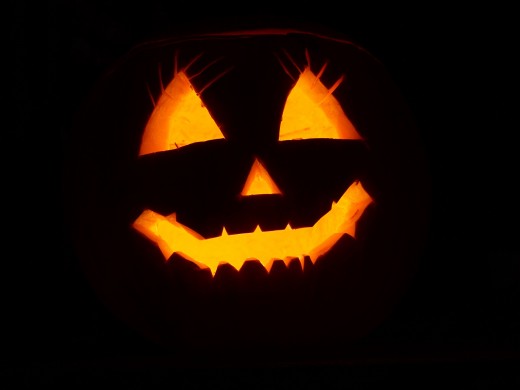

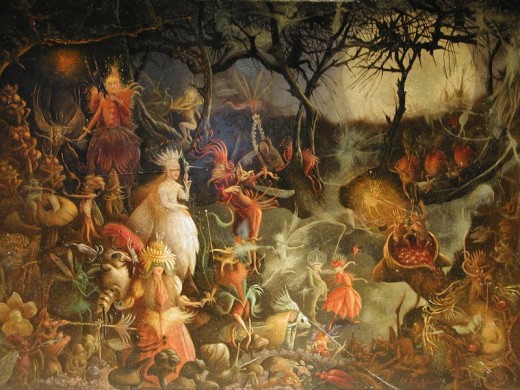
Origins and Worldly Views
Costumes, sweets, pumpkin carving, horror movies and infamous pranks are all surrounding activities of this well known holiday but where does it actually originate from? Though it is a very commercially advertised holiday is has a whole other aspect that some of us may not realize.
It’s believed by many that it originates from a Celtic festival known as Samhain. On the night of Halloween it is said (in Celtic Mythology) that the line or wall between our world and others is lessened allowing those that have passed to return to the living side that we occupy. Offerings of food and spirits are given to appease the ’guests’ that cross over. Due to the correlations between both Samhain and Halloween some believe it to be a paganistic celebration.
Though the candy wasn’t an original concept, costume apparel was. Dressing up was common also during the festivities, often dressing as evil beings to confuse the darker spirits and demons that might inhabit the living.
We may not all be in that mindset of Halloween but the beginning beliefs still resonate in some.
As time has gone on the views on Halloween and the practices have changed dramatically and is celebrated in all forms around the world.
Ireland which is considered the birthplace of Halloween due to Celtic ancestory, celebrates with fortunes telling of wealth or marriage as well as bonfires and games.
Mexico celebrates with Day of the Dead or Día De Los Muertos. In this celebration it is believe on Halloween that the souls of deceased children come home to reunite with their families followed by the souls of the adults of November 2nd. Offerings are also made each catering to the spirits of good and evil.
In the Philippines children go door to door much like trick-or-treating in costumes but instead of candy they sing songs and say prayers asking for those stuck in purgatory (those stuck between the living and dead) to have peace.
Halloween has many different sides and views and though throughout lifetimes these traditions have slowly begun to fade and change, the roots and history will forever remain.

